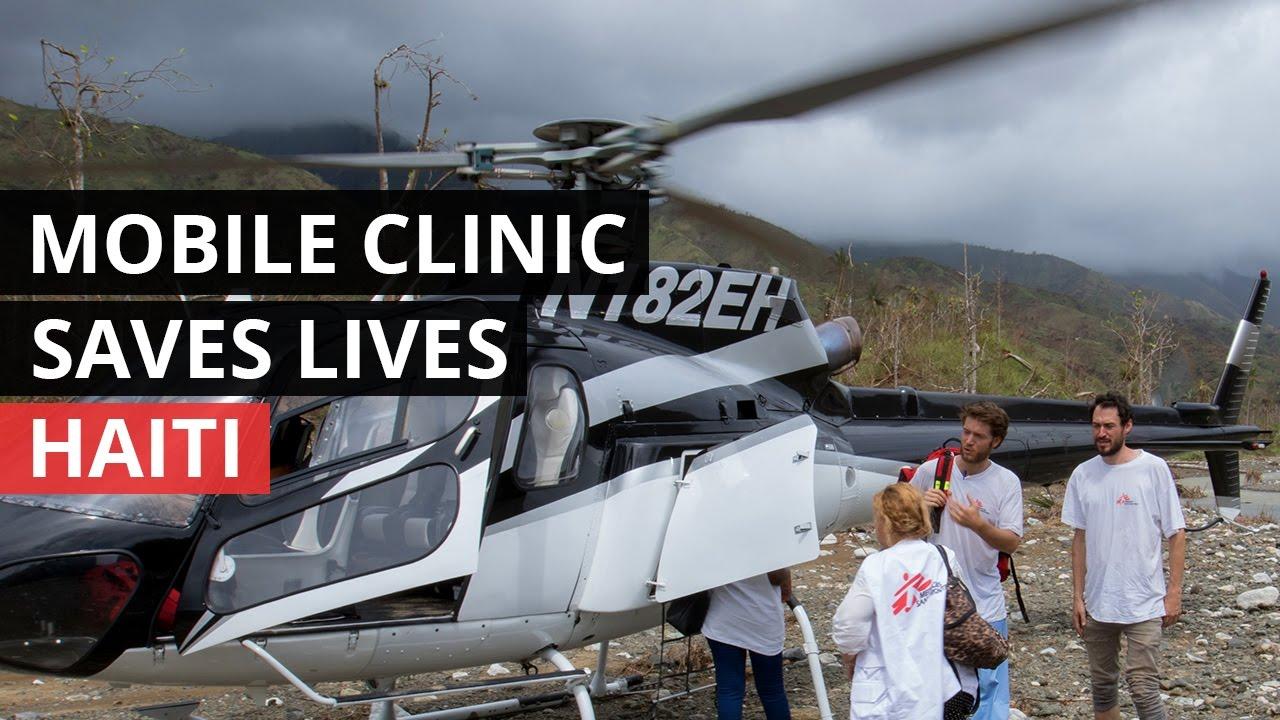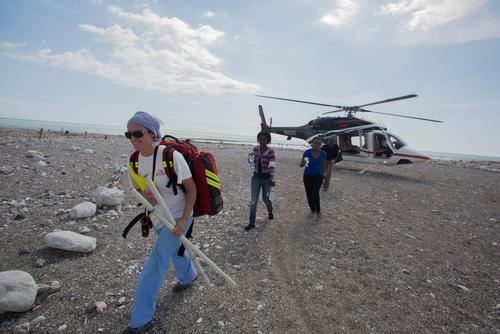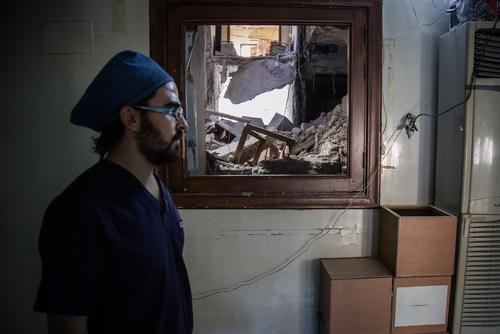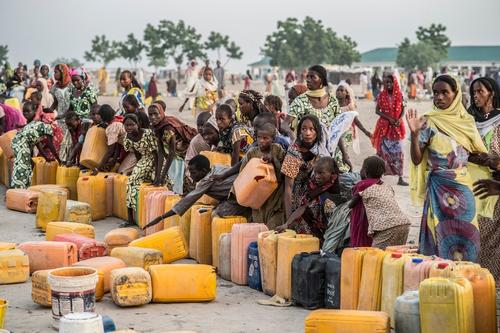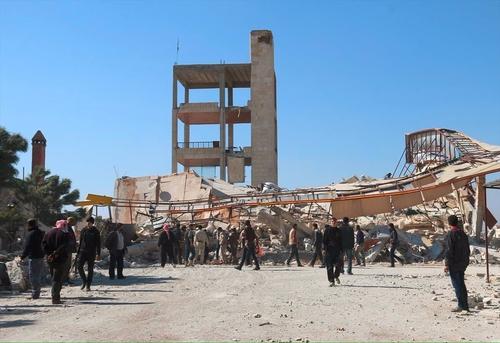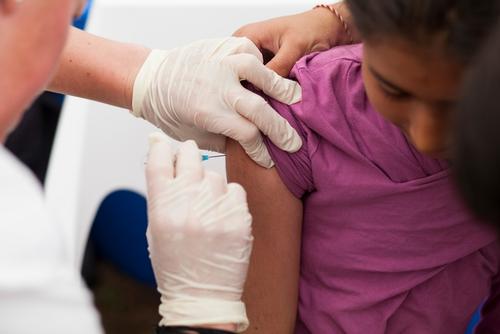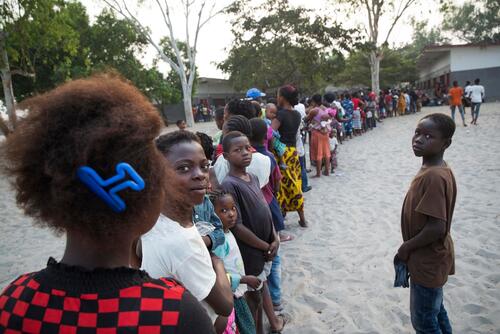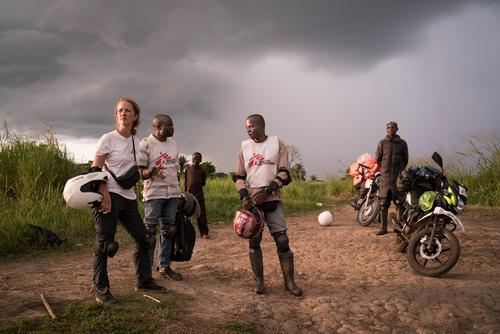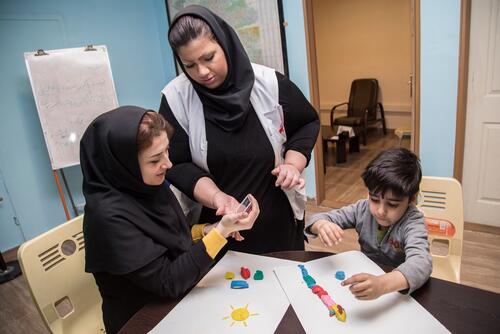
14,900
14,9
7,500
7,5
5,600
5,6
There is a shortage of nursing staff and resources in public facilities, and private clinics remain unaffordable for the majority. Haiti’s health system has been further weakened after the damage caused by Hurricane Matthew at the end of 2016. MSF continues to respond to urgent needs wherever possible, but greater investment is required by the Haitian government and international donors to meet the growing demand.
Medical care for women
In May 2015, MSF opened its Pran Men’m clinic in the Delmas 33 district of Port-au-Prince to provide emergency medical care to victims of sexual and gender-based violence, and by the end of this year had treated 787 people, including 438 young women and girls under the age of 18. In Haiti, sexual violence is a neglected medical emergency and the number of cases is greatly underestimated in official statistics. MSF is working to improve the availability of services in this field and raise community awareness, emphasising in particular the need for victims to seek medical care within 72 hours of being attacked. Awareness-raising methods range from focus groups and text messages to radio spots and conferences, according to the target groups.
In the same district, MSF runs the Centre de Référence des Urgences en Obstétrique (CRUO). Founded in 2011, the 176-bed centre treats pregnant women with obstetric complications such as pre-eclampsia, eclampsia, obstetric haemorrhage, obstructed labour or uterine rupture. In 2016, the team carried out 19,077 consultations, assisted 5,594 births (2,176 by caesarean section) and admitted 2,498 babies to the neonatal emergency care unit. The CRUO also provides postnatal care, family planning services, prevention of mother-to-child transmission of HIV and mental health support, and has a special ward for pregnant women suffering from cholera.
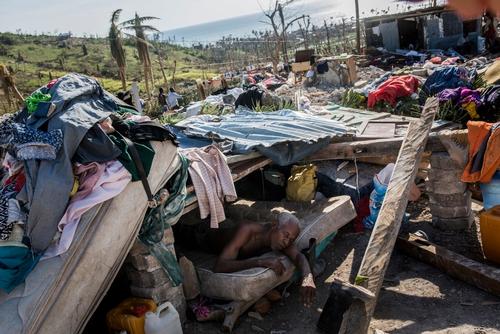
The ongoing cholera epidemic
The cholera epidemic remains a major public health concern, seven years after the disease was introduced to the country. In 2016, teams treated a total of 2,615 patients. Many of those were infected in the aftermath of Hurricane Matthew and received treatment from MSF directly in their communities. In addition to building cholera treatment centres, MSF helped hospitals to manage infected patients. Teams are still working at two centres in Delmas – the 55-bed Diquini centre, run jointly with the Ministry of Health, and at MSF’s Figaro centre. MSF continues to monitor the spread of the disease and has a rapid response capacity in case of emergency.
Emergency response to Hurricane Matthew
The MSF response to Hurricane Matthew was focused on southern Haiti, the worst-hit region. Teams supported Port-à-Piment hospital and ran mobile clinics, treating a total of 17,537 patients, including 478 suffering from cholera. They also repaired 26 water points and trucked in more than 10 million litres of clean water. In hard-to-reach mountain areas, MSF supplied building materials to 9,500 families and administered vaccines to 14,000 people.
MSF decided to maintain a presence in Port-à-Piment, monitoring the health situation there and responding to urgent health needs.
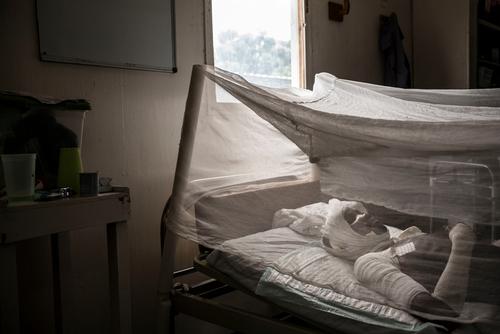
Health services in Port-au-Prince
In Drouillard hospital in the capital’s Cité Soleil area MSF runs a severe burns unit which has become the de facto national referral centre for burns patients. In 2016, 43 per cent of people treated there were under the age of five. A total of 801 patients were admitted to the unit and 630 underwent major surgery. The teams applied 4,071 wound dressings, and conducted 14,030 physiotherapy sessions and 1,773 mental health consultations. They are working on training staff in public hospitals in the treatment of burns and improving access to high-quality care for burns patients.
In Tabarre, to the north of the capital, MSF’s Nap Kenbe hospital had to deal with a large increase in the number of patients in the second half of 2016 due to a widespread strike in the country’s public health sector, which deprived a large portion of the population of free medical care. The 121-bed hospital provides surgery and trauma care. This year, 15,228 patients were treated in the emergency room and 8,088 surgical interventions were performed in the hospital’s four operating theatres. Trauma accounts for more than 90 per cent of cases. A rehabilitation unit offers physiotherapy as well as social and mental health support.
The Martissant clinic, now in its tenth year, provides around-the-clock healthcare in a slum area marked by violence. The team stabilises emergency patients before referring them to specialist facilities. In 2016, staff treated 52,344 patients, including 29,891 with accident-related injuries; of these, 6,984 were victims of road accidents and 3,695 victims of violence. The clinic referred 2,650 patients to other hospitals. The strikes within Ministry of Health facilities had a significant impact on the number of referrals this year.
